Note: This post may contain affiliate links which means if you click on a link and purchase an item, we will receive an affiliate commission at no extra cost to you.
This post is brought to you by an item that helps Nora’s packing stay organized: the Hobo Roll.
This is the latest interview in a series featuring digital nomads talking about their lives and lessons (click here if you want to be interviewed). The goal is to help demystify the process of making money online, wandering the world, and living an unconventional life!
Nora found a way to combine two passions together into a remote career: finance and travel. We love her tips for getting into nomading and freelancing. Be sure to check out her website, The Professional Hobo, for tons of travel advice!
Thank you for sharing your story with Freedom Is Everything, Nora!
Key takeaways from Nora’s interview:
“I think it’s impossible for world travel (especially of the long-term variety) NOT to change a person, and I’m certainly no exception. While realizing that fundamentally we are all the same despite outward differences, I also learned that there are many different ways to communicate, to tackle a problem, and to live life. My own perceptions of right and wrong were challenged, and I believe the result is that I’m more open-minded and considerably more compassionate and empathetic.”
“Visit places other than digital nomad hubs. Places like Chiang Mai, Medellin, Bali, Lisbon, and Cancun are littered with digital nomads, and it’s easy to get caught up in the safety and comfort of this lifestyle and bounce around these places without venturing further. While I think these hubs are great for getting work done and networking with other nomads, they are bubbles and even a bit exploitative (in terms of things like currency arbitrage and driving up prices, thus forcing some locals out of their own hometowns).”
“As a former financial planner, I must say I believe it is irresponsible to hit the road with debt or student loans UNLESS its low-interest debt and you have a steady stream of income that allows you to continue to make payments. Generally speaking, I advise people to get their financial houses in order before traveling.”
“Imagine that when you go to sleep tonight, you will never wake up again. Do you have unfinished business with life? If so, then take steps today, right now, to do those things.”
Table of Contents
Introduce yourself! 🙂 Who are you? What do you do for work? And what is your nomadic story?
Hey. I’m Nora Dunn. In 2006 I sold everything I owned in Toronto, Canada (including a busy financial planning practice) to embrace my life-long dream of traveling the world, slowly and intensively. I traveled full-time for 12 years!
Initially, I had no idea where I’d go, what I’d do, or how I could make money along the way. (I don’t recommend this strategy, by the way).
But I quickly made the connection that with my laptop and an internet connection (remember: words like digital nomad and location independent hadn’t yet been coined), I could nurture my love of writing and become a freelance writer. I fell into an interesting niche, writing for travel publications about finance and writing for finance publications about travel.
I also had a blog purely for personal purposes (that’s all blogs really were back in 2006), but as the travel blogging industry grew and took shape, I somewhat inadvertently ended up being on the leading edge of the wave.
I called myself The Professional Hobo because I was proverbially homeless, but as a former financial professional, I’d like to think I made homeless look good. It’s also a creative interpretation of the original “hobos” of the 1930s, who rode by train from destination to destination looking for work. I’m a nut about long-distance train travel (like, I’ve done some of the craziest train stunts out there), so the hobo moniker had some poetry for me.
After 12 years of full-time travel, I returned to my hometown of Toronto to set up a home base…which is something I never thought I’d do. But I craved cultural context and familiarity, and my parents aren’t getting any younger, so it became important to me to have at least a base nearby. Pandemics notwithstanding, I continue to travel from this base for weeks to months at a time.
My travel experiences ranged from sublime to absurd to downright terrifying. I survived three natural disasters, got three tropical diseases, was robbed twice, and had one near-fatal accident.
On the brighter side, I accidentally started an international NGO, had a kangaroo fall in love with me and follow me around for six months, apprenticed with a shaman in Peru for two years, rode 25,000kms of trains in 30 days straight from Lisbon to Saigon, and saved over $100k getting free accommodation around the world in 5 different ways. (More on a lot of this later).
What inspired you to start nomading? And how has nomading changed your perspective on life?
I was inspired to travel full-time because I had a lifelong dream of “cracking the code” of countries and cultures around the world. I wanted to know how the children played, what the adults talked about around the dinner table, where people shopped, what they ate, and more. I wanted to climb mountains, volunteer, and effectively live around the world. And ultimately, I was unprepared to wait until conventional retirement age to live out this dream (when I might have been unable or unwilling).
I think it’s impossible for world travel (especially of the long-term variety) NOT to change a person, and I’m certainly no exception. While realizing that fundamentally we are all the same despite outward differences, I also learned that there are many different ways to communicate, to tackle a problem, and to live life. My own perceptions of right and wrong were challenged, and I believe the result is that I’m more open-minded and considerably more compassionate and empathetic.
I’ve seen this played out repeatedly back home in Toronto (which is a very multicultural city); people I know (born and raised Canadians) would make snap judgements about people around them, and my instinct would contrarily be to give the benefit of the doubt.
Perfect example: the other day, I was with somebody who got angry when a driver honked their horn while driving around somebody else who was backing up. My companion immediately assumed the honker in question was being rude and angry (honking is not particularly a part of Canadian culture); but I, having visited so many countries where honking is a language unto itself, figured it was somebody from one of those cultures, simply alerting the other vehicle that they were driving around.
I also have no tolerance for racial slurs and profiling, again because I’ve lived in enough countries to understand that our home culture is embedded in our life and actions in every way. Until you have walked a mile in somebody else’s shoes, I believe assumptions are the basis of racism and the antithesis of compassion.
Please tell us the detailed story of how you started your business.
As I mentioned earlier, my online career started with freelance writing, which took a couple of years to develop a relatively consistent and liveable stream of income. By that point, my blog was getting international recognition, and I learned that cross-pollinating freelance writing with blogging worked very well in terms of branding, creating an online presence, and SEO.
Eventually, with a demonstrated experience as a digital nomad plus my financial expertise, I started teaching people how to travel full-time in a financially sustainable way (“financially sustainable travel” being a term I coined).
Now, the pandemic has necessitated companies to go remote, and there are millions of newly-minted remote workers, some of whom will want to take their jobs on the road long-term. I am committed to helping these people hit the ground running, with everything set up in the best possible way for them.
I do this with 800+ articles on my website, a fun video interview series, personal consulting, and more.
What advice would you give to someone who’s thinking about nomading?
I have a few key pieces of advice:
- Before you throw it all in to become a nomad, take a test trip first. Go away for a few months. You may discover that it’s not your thing, and it’s better to learn that before you sell everything than after.
- Get the foundations of your online income established before you go. Full-time travel is a job unto itself, and it takes time to find your groove. Trying to build an income/business concurrently means you’ll consistently be sacrificing one for the other (travel for income and vice versa). Trust me! I did it, and I wouldn’t wish that struggle on anybody else.
- Visit places other than digital nomad hubs. Places like Chiang Mai, Medellin, Bali, Lisbon, and Cancun are littered with digital nomads, and it’s easy to get caught up in the safety and comfort of this lifestyle and bounce around these places without venturing further. While I think these hubs are great for getting work done and networking with other nomads, they are bubbles and even a bit exploitative (in terms of things like currency arbitrage and driving up prices, thus forcing some locals out of their own hometowns). I get into this a bit in an article I wrote about the Irony of Expat Life.
What is unique about the way you travel, and what advice do you have for someone that wants to travel with a similar style?
In my 12 years of full-time travel, I saved over $100,000 USD on accommodation by getting it for free! There are five different ways to get free accommodation: work exchange, house-sitting, hospitality exchange, living on boats, and home exchange. I write about each of these extensively in my book How to Get Free Accommodation Around the World, including tips and cautionary tales specifically for digital nomads.
If you consider yourself a former digital nomad, what caused you to choose that path?
I was a digital nomad before the term existed, and I made every mistake along the way! Now I pay it forward by helping aspiring long-term travelers and digital nomads to hit the road with confidence, cutting the learning curve, and avoiding my mistakes.
I also believe that the digital nomad lifestyle has a shelf life. Most of my colleagues came off the road in one fashion or another by the 10-year mark. I lasted 12 years, but only because I had many home bases along the way that allowed me to catch my breath and ground myself and regain a sense of home.
There are, of course, exceptions to the rule as well! Regardless, I think it’s important to note that it doesn’t have to be a lifestyle that will last forever, and it’s prudent to plan for that possibility (for example, have some money saved up to set up a new home base when the time comes).
Myself and many of my colleagues made the “digital nomad” lifestyle part of our identities, which made returning “home” more challenging than it needed to be by creating a sense of failure.
What are the 2-3 favorite places where you’ve lived/traveled to and why?
Travel is contextual in that I believe a favorite destination is more about who we’re with, what we’re doing, and how we’re feeling than it is about the place itself. That said:
Peru is awesome and on my list of places to return to. It has every landscape possible, from beaches to deserts to jungles to high-altitude mountains, canyons (longer/deeper than the Grand Canyon), and more. The culture is amazing, and the food is out of this world. I lived in the Sacred Valley of Peru for two years, apprenticing with a shaman.
New Zealand is also incredibly special. It’s not easy to get to, and that’s probably part of the appeal. There’s tons of beautiful nature, a more successful preservation of the indigenous (Maori) culture and language than in many/most other countries. The people are incredibly hospitable and trusting, and the accent is one of my absolute favorites.
Third place is a tie between Switzerland and the Caribbean island of Grenada.
I love each for different reasons. I love the mountains of Switzerland, the food is great, the trains are amazing, it’s safe and clean and relatively unpolluted, and everything is ridiculously punctual. I spent three months house-sitting there and adored every minute of it.
Grenada is a beautiful Caribbean island that is not overrun with tourism. The people are friendly, the vibe is chilled, and if you stay long enough, you’ll notice that nobody is more than a few degrees of separation from everyone else on the island! After house-sitting in Grenada for a few months, I established a home base there that lasted almost two years, and I enjoyed getting very far off the beaten path and slowly discovering the intricacies of Grenadian life and culture.
If you had debt/student loans when you started nomading, how did you handle or think about this, and what advice would you give to other people with a similar situation?
As a former financial planner, I must say I believe it is irresponsible to hit the road with debt or student loans UNLESS its low-interest debt and you have a steady stream of income that allows you to continue to make payments.
Generally speaking, I advise people to get their financial houses in order before traveling. I started traveling with a guy who had debt and very little savings, and when his income ideas fell through, he eventually ran out of money on the other side of the world. Not good.
What is one of your favorite travel stories/experiences?
It’s a tie between having butter poured in my eyes in India and starving myself in Thailand.
Since launching, what has been most effective to acquire/retain customers and scale your business?
Because I was on the leading edge of an industry that wasn’t even a thing when I started, for me, the secret was simply being in the right place at the right time.
However, it’s also a double-edged sword, in that there have been many changes to the industry along the way, and I wasn’t always so quick to adapt, and that hurt my exposure and, ultimately, my success.
What digital tools do you use for your work/business?
I use Toggl to track my time (and ensure I’m spending my time working on the right things), Asana to manage tasks and projects for my assistants and me, Zoom for my video interviews (though there are better applications to be sure), Trail Wallet to track expenses, TweetDeck and Triberr to manage and populate my Twitter feed, and Buffer to schedule posts for Facebook/LinkedIn/Twitter.
What scale is your business at today, and what are your future goals?
For 10 years, I published my annual income and expenses to prove that full-time travel doesn’t have to cost as much as you think it might and to demonstrate the concept of financially sustainable travel.
The pandemic obliterated my website and income for a spell, but I rebounded much faster than other travel sites because of the financial component to my content.
Now I’ve doubled down on my expertise in helping people travel long-term by positioning myself to be of assistance to the emerging market of remote workers and early retirees who want to set everything up right and travel smart from the beginning.
It’s still a work in progress, but I’m slowly making my personal consulting services public I’ve been doing it for years under the radar). Eventually, I’ll design an online curriculum for those who prefer non-personalized self-study.
For someone interested in becoming an entrepreneur in your field, what’s the best advice you would give? And what books, podcasts, thought leaders, or other learning resources do you recommend?
If content creation is your ambition, then give yourself a lot of time to develop a steady stream of income because you’ve got a ton of competition.
Also, I don’t believe that a website unto itself is a viable business model as it once was. It’s too easy for a Google algorithm to obliterate your traffic, and SEO is ultimately a never-ending zero-sum game. If your entire income is dependent on traffic to your website, you’ve got a tough road ahead.
Instead, diversify income streams and ideally offer products and services. For years I earned money through both freelance writing and my own website, and when my website income got large enough, I quit the freelance gigs, but that’s also why the pandemic hit me so hard. When my traffic went down by 80% (50+% at the onset of COVID and another 50% with an algorithm change a few months later), so too did my income.
If you’re a content creator (podcaster, YouTuber, blogger, etc.), tell us about your content creation journey and share some of your favorite content that people should check out!
You can start with my free 2-week email course that breaks down long-term/full-time travel into manageable bits. Some of it may be more applicable to you than other parts, but you’ll soon see there are many different ways to go about planning out your dream travel lifestyle.
You’ll also want to check out my Video Interview Series, where I chat with ordinary people who have extraordinary remote careers, travel lifestyles, and travel adventures to share, along with tips and tricks for working remotely while traveling long-term.
Readers also consistently tell me they love my financial case studies which shows exactly how fellow world travelers make money along the way.
If you only had a few minutes to live, what are the most important life lessons you would share with the world?
Imagine that when you go to sleep tonight, you will never wake up again. Do you have unfinished business with life? If so, then take steps today, right now, to do those things.
What do you travel with that you couldn’t imagine traveling without?
I’m a bit of an aficionado in the packing hacks department, and the one thing I never leave home without is the Hobo Roll (now called the Seg Sac Traveler) by Gobi Gear. It’s ultralight, organizes a huge amount of stuff, and compresses down to maximize space.
How can people learn more about you and your work?
I’ve provided a lot of key links in the interview above, so here are the basics:
Website: The Professional Hobo
YouTube: https://www.youtube.com/NoraDunn
Facebook: https://www.facebook.com/TheProfessionalHobo
Twitter: https://twitter.com/Hobonora
Pinterest: https://www.pinterest.com/theprofessionalhobo/
Instagram: https://www.instagram.com/theprofessionalhobo/
And finally, a FREE checklist of 10 Things You Must Do Before You Travel Long-Term!


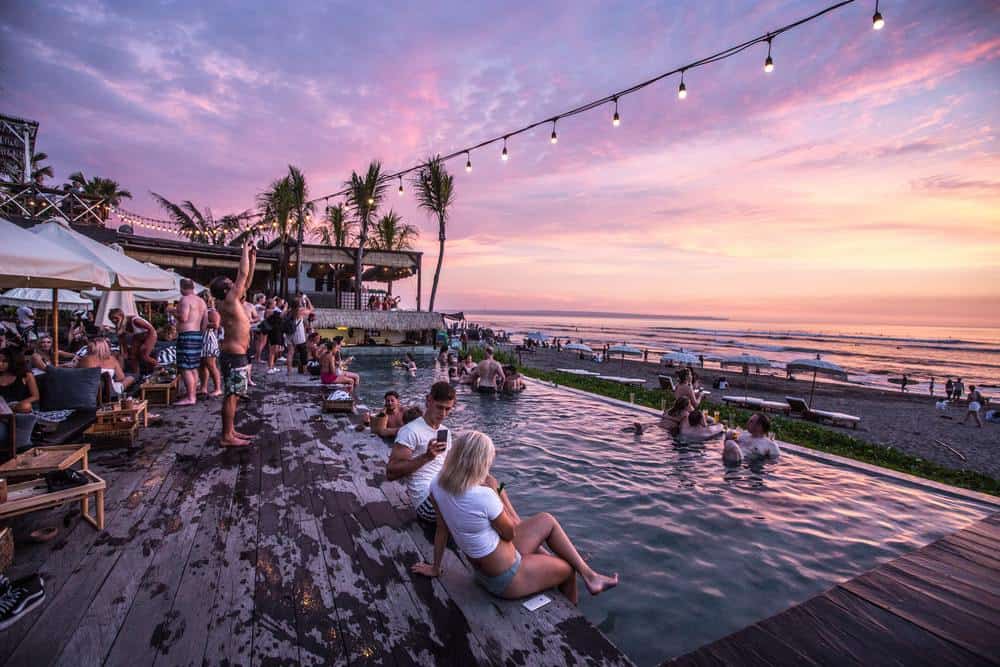
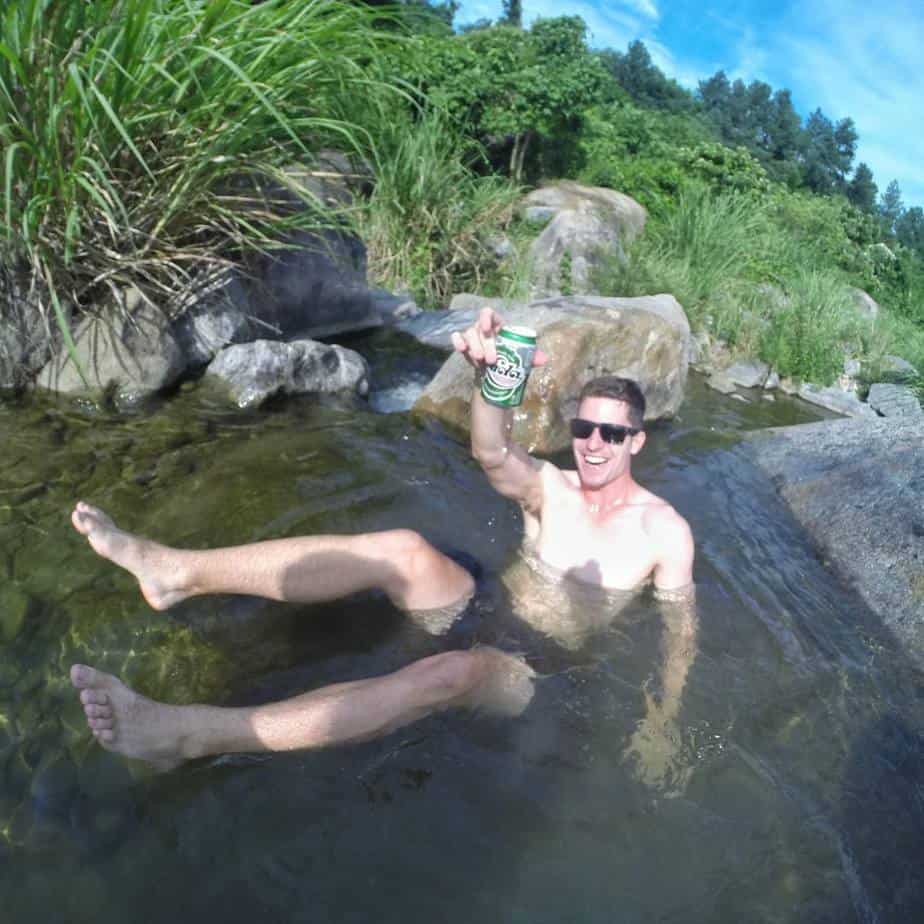
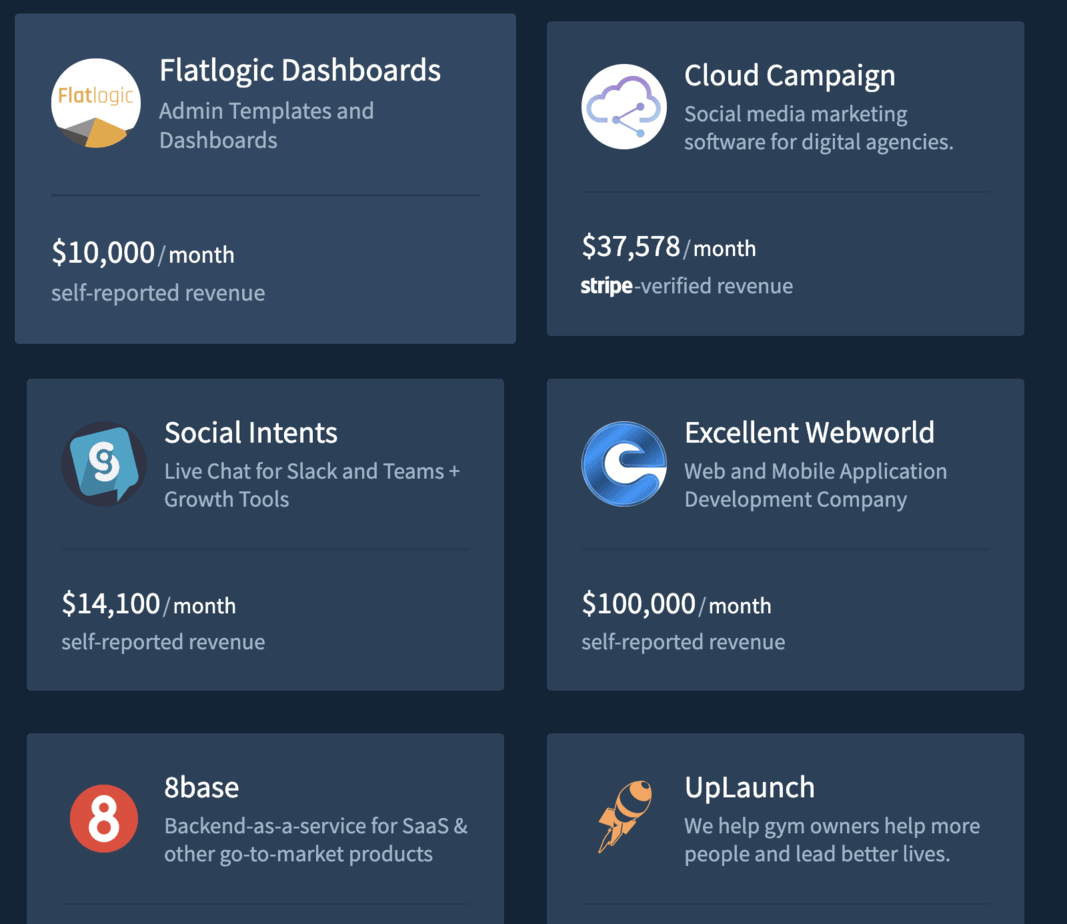
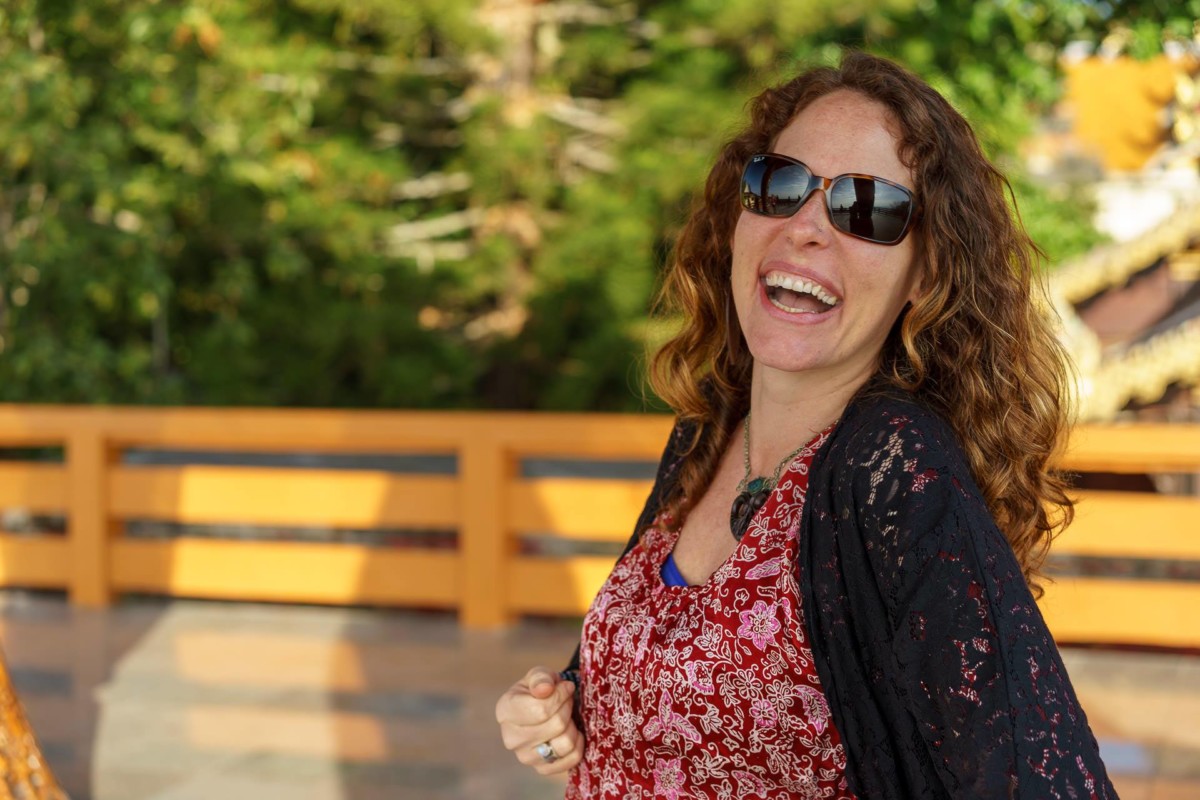
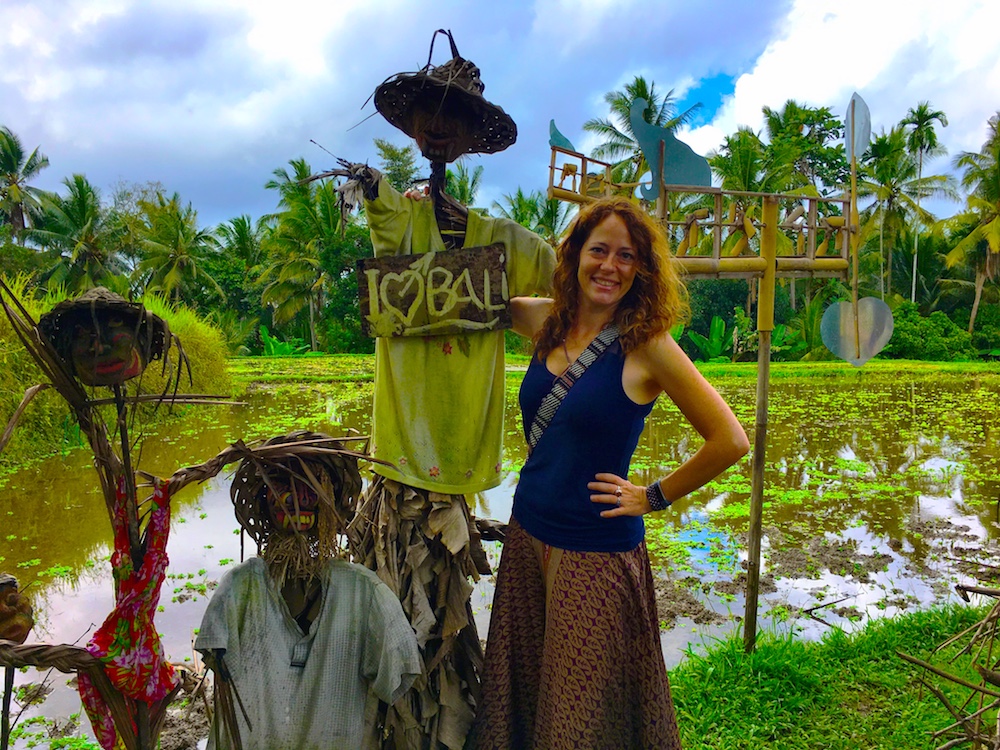
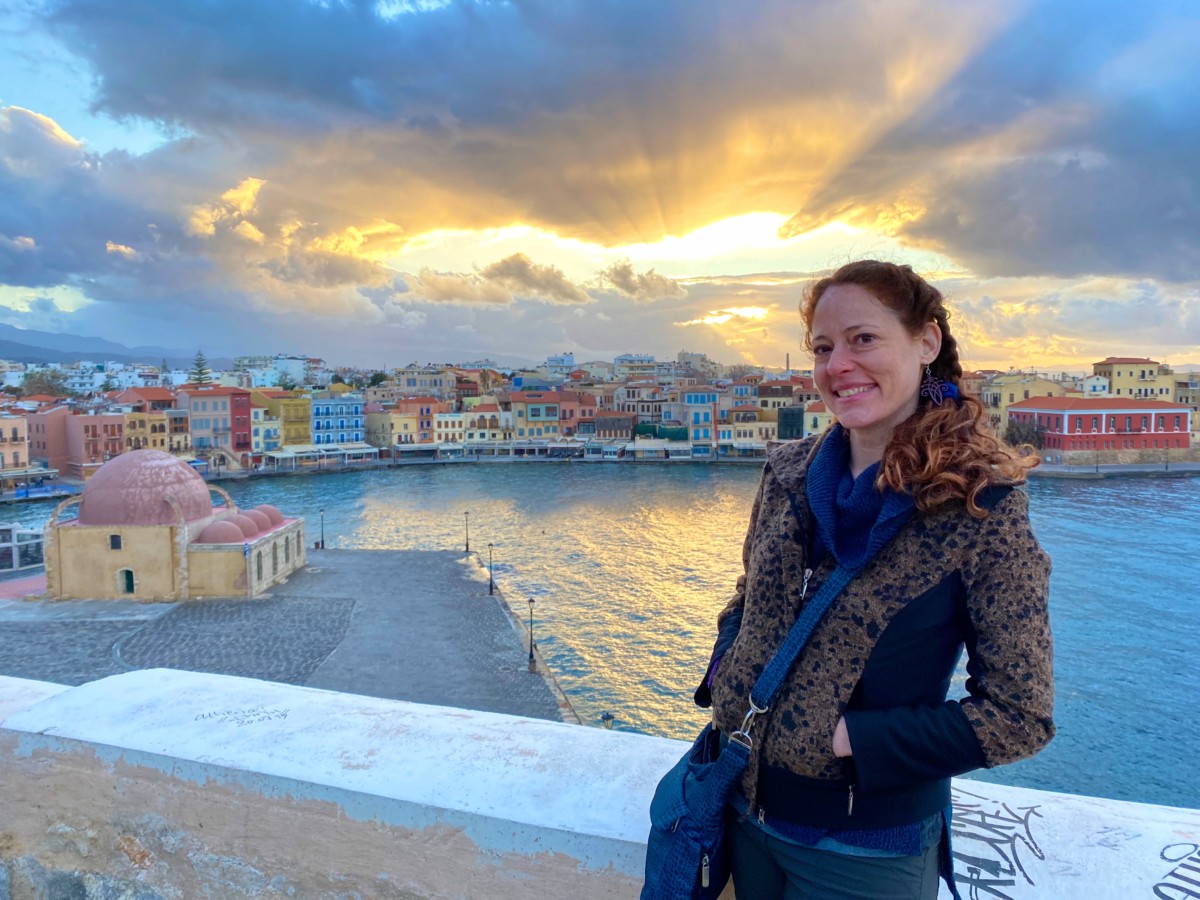
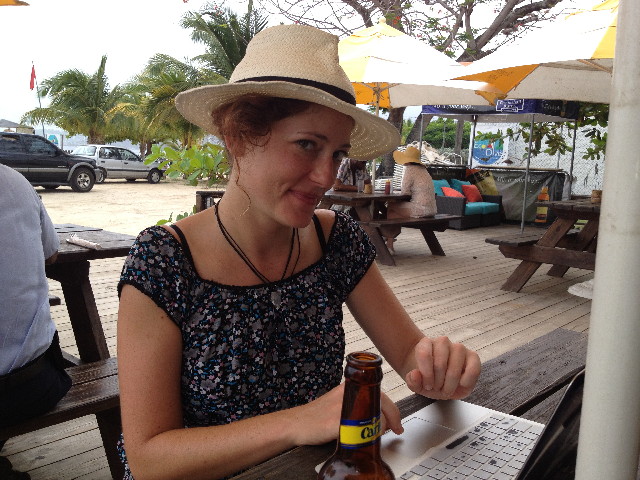
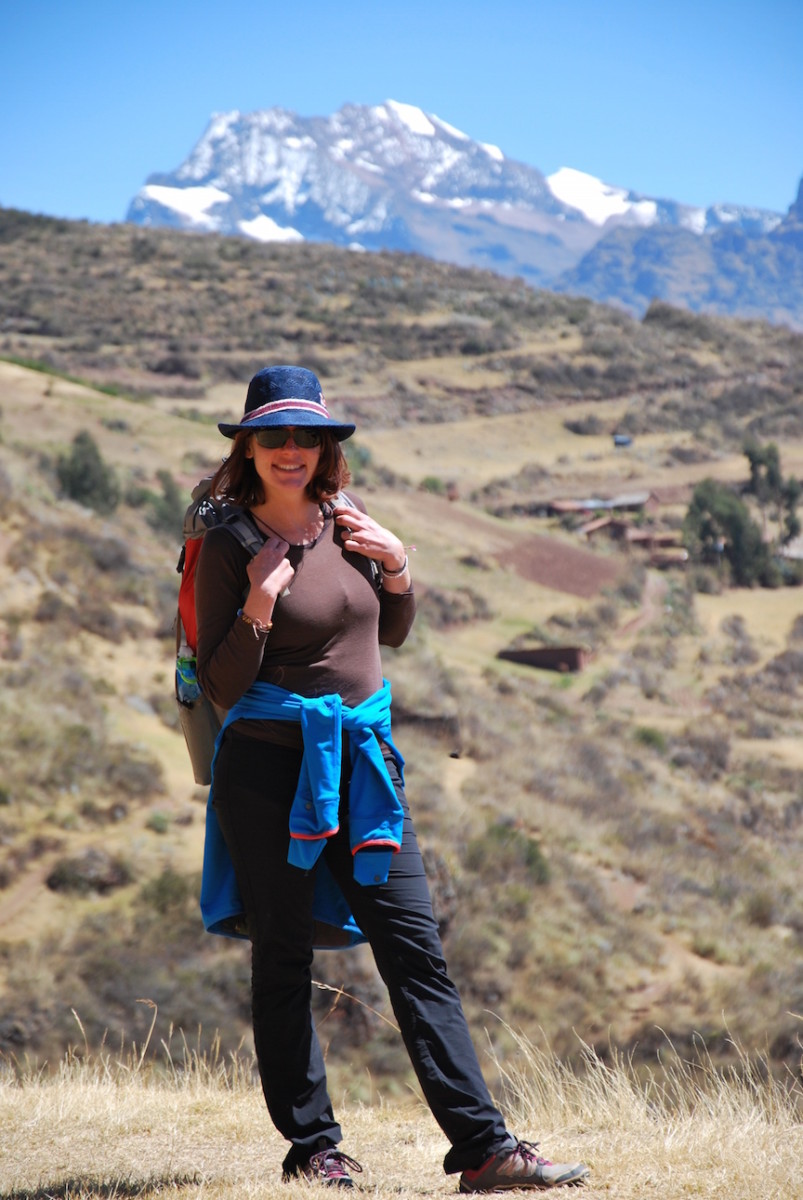
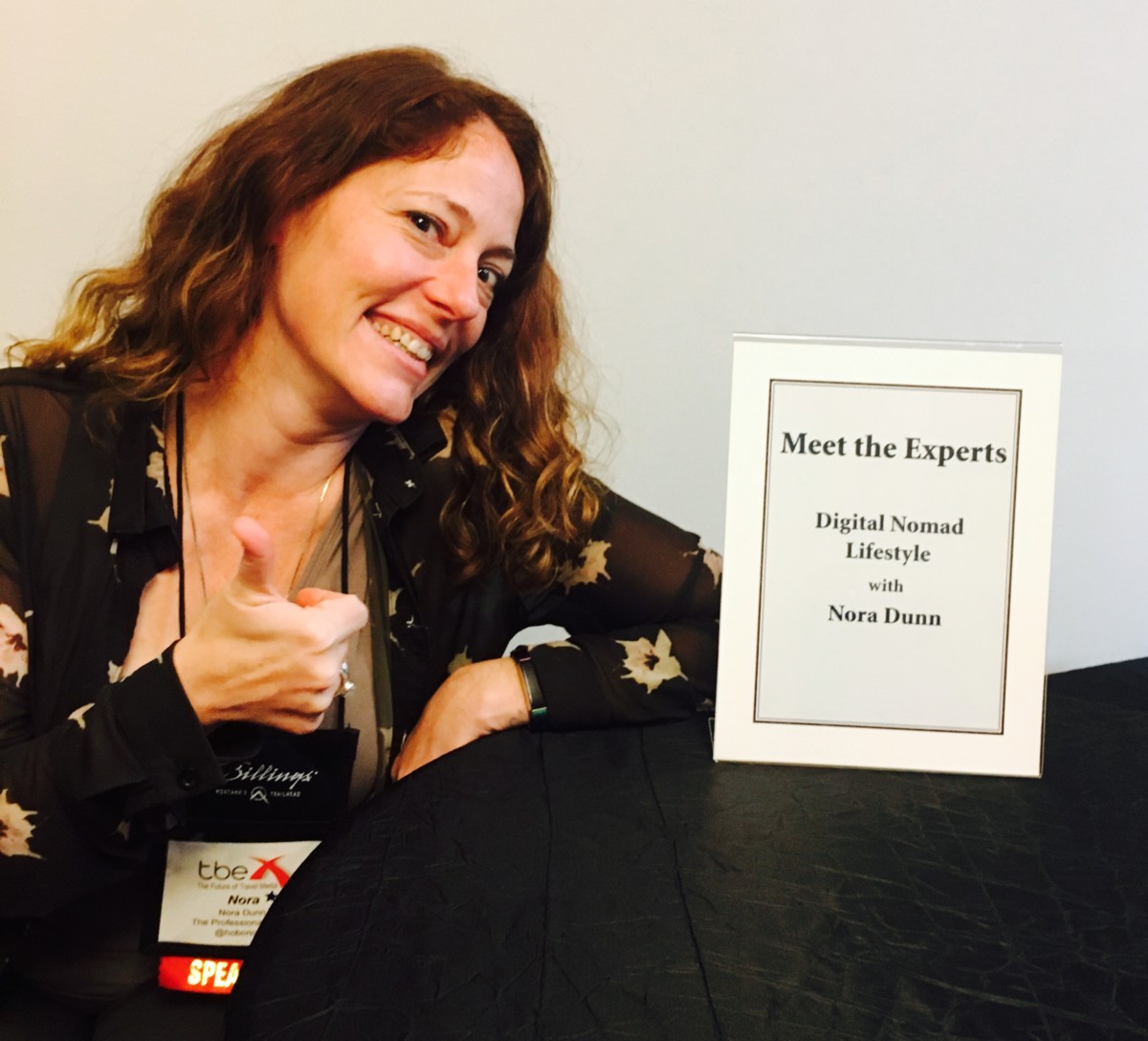
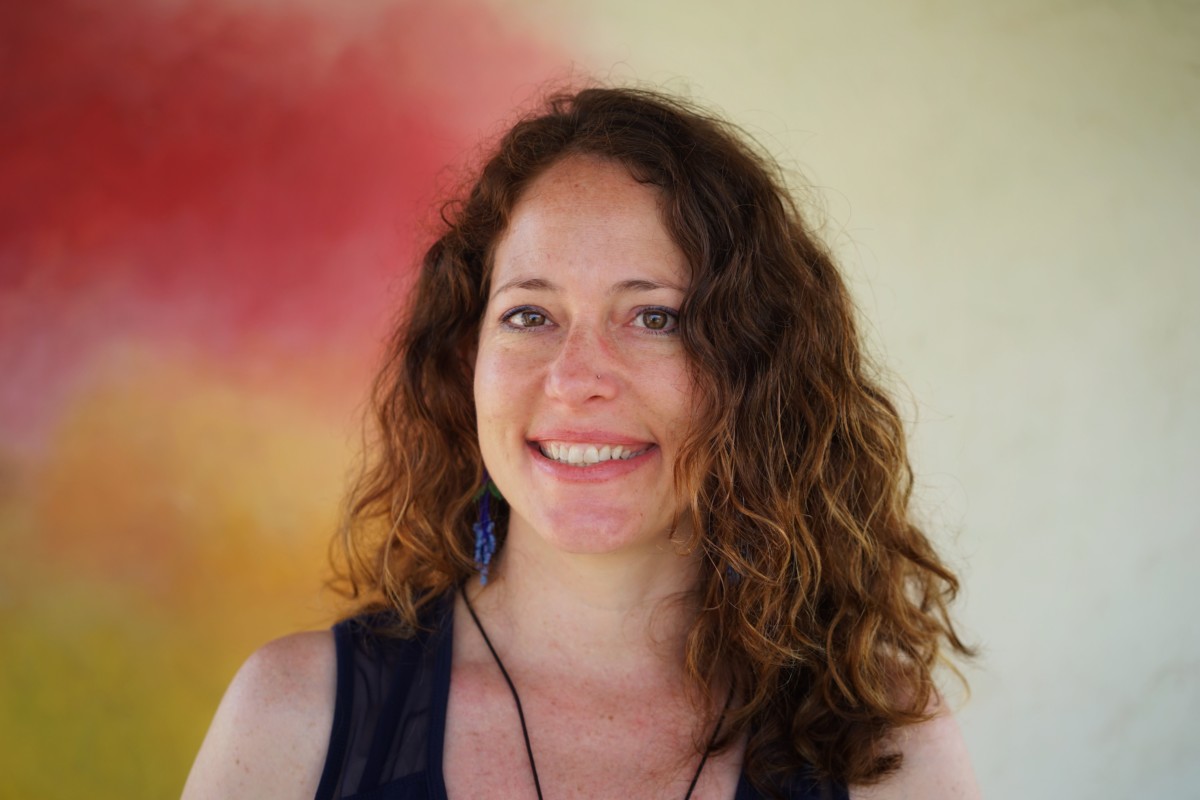
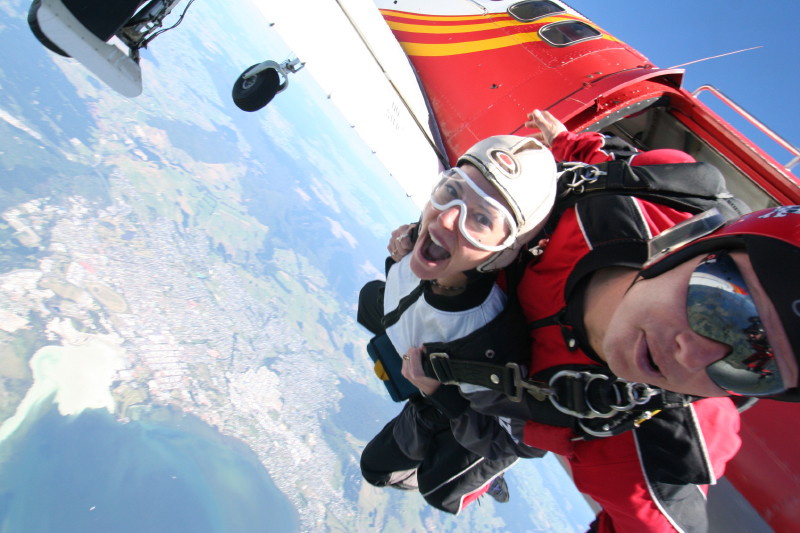
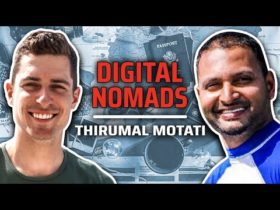
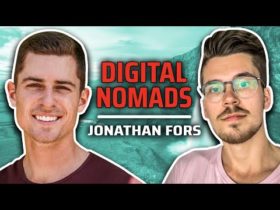
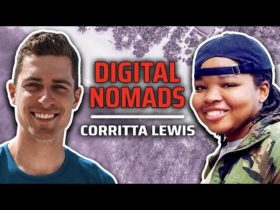
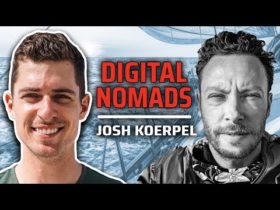
Leave a Reply
View Comments